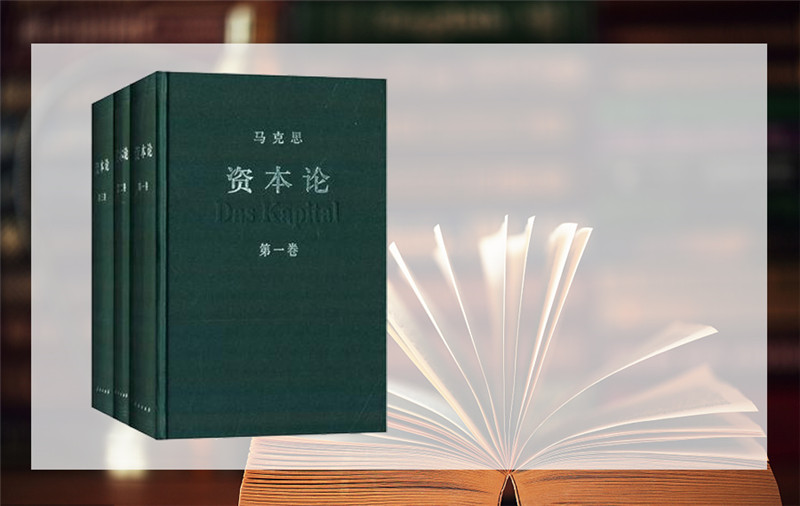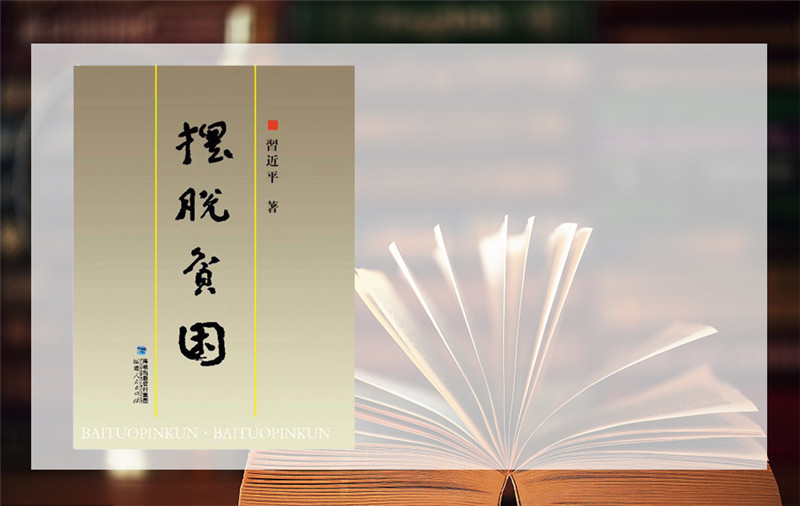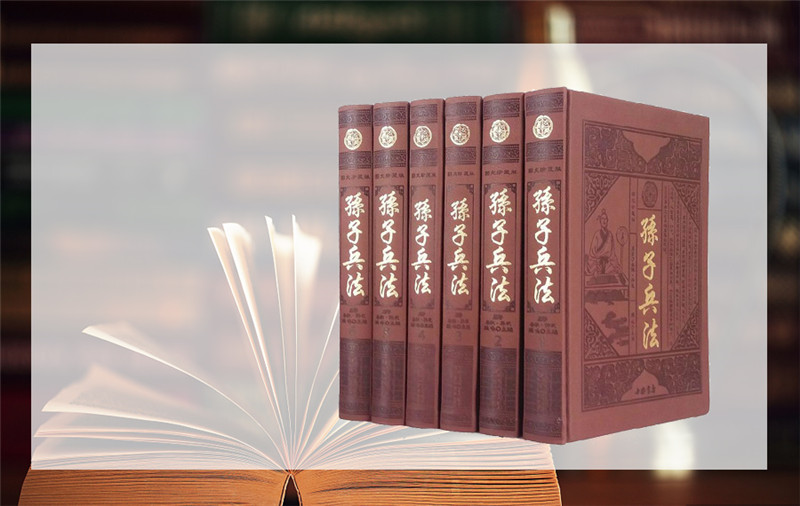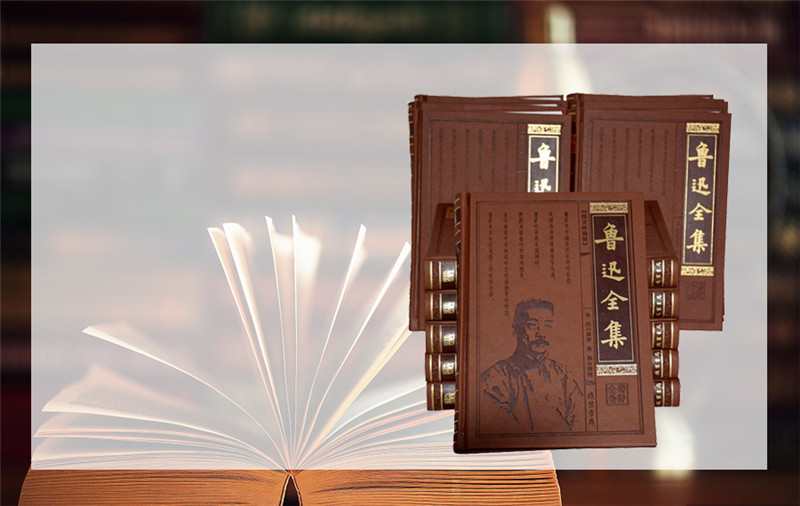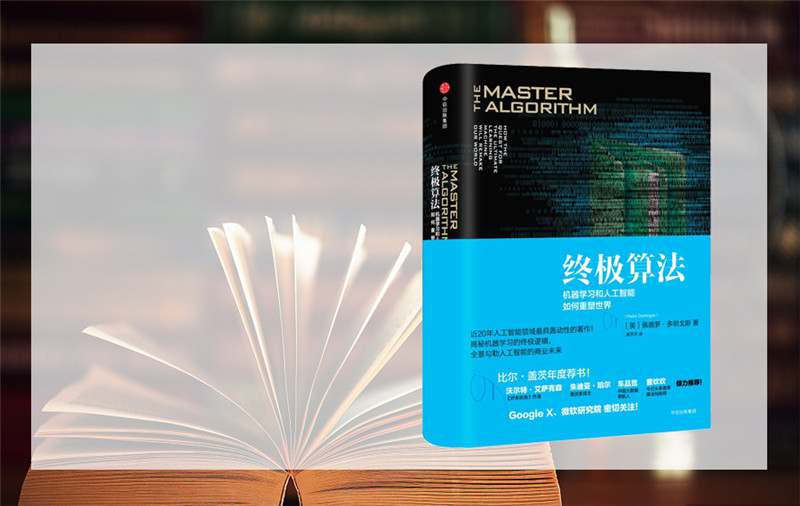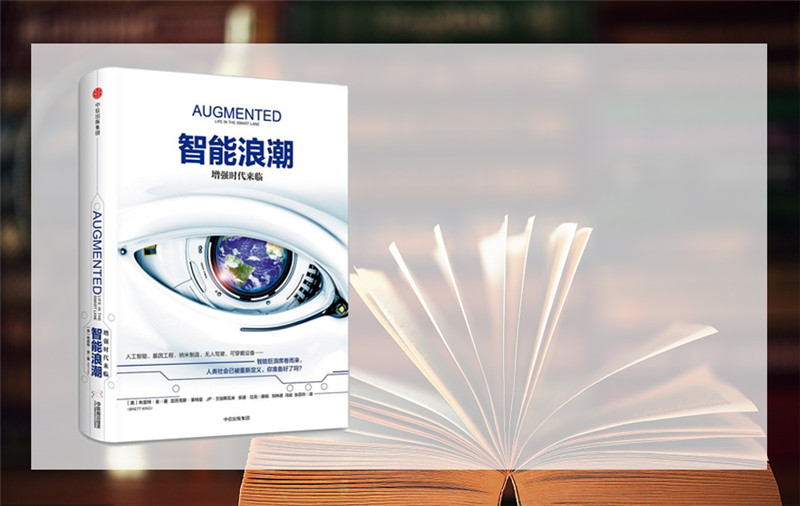On this year's World Book and Copyright Day, we select 10 books from President Xi Jinping's bookshelves to help you understand today's China better.
Analects of Confucius
Confucius
The Analects of Confucius is a collection of ideas and sayings from the Chinese philosopher, Confucius. For thousands of years, Confucianism has guided government and personal morality in China. Values emphasized by Confucianism such as virtue, people-oriented governance and self-discipline are still center stage in nation's politics today. Xi frequently uses Confucian quotes and other classic Chinese literature to illustrate his approach to governance.
Classic of Poetry
Anthology
Classic of Poetry, or Shijing, is the oldest existing collection of Chinese poetry, comprising 305 works dating from the 11th to 6th century BC. Poetry has always been held in high regard in China, and it is through poetry that much of the country's history is told. It's also the source of what Xi called "cultural confidence" of the nation.
Capital, A Critique of Political Economy
By Karl Marx
Capital, or Das Kapital, initially published in 1867 in Hamburg, Germany, is a fundamental theoretical book in materialist philosophy, economics and politics. Marx aimed to reveal the economic patterns underpinning the capitalist mode of production, in contrast to classical political economics. The book is an important text to Marxism, which is one of the guiding thoughts of the Communist Party of China.
Up and Out of Poverty
By Xi Jinping
In the past 30 years, China has lifted 700 million people out of poverty, accounting for 70 percent of the global efforts in the same period. According to Xi's report to the 19th CPC National Congress in October 2017, more than 60 million people have been lifted out of poverty over the past five years, and the poverty headcount ratio has dropped from 10.2 percent to less than 4 percent. What's the secret behind the overwhelming success of the world's largest poverty-alleviation campaign? An answer might be found in this book.
Master Sun's Art of War
By Sun Wu
The Art of War is a classic written by military strategist Sun Wu in the Spring and Autumn Period (770-476 BC). In his Geneva speech in 2017, Xi said, "The Art of War, a Chinese classic, begins with this observation, 'The art of war is of vital importance to the State. It is a matter of life and death, a road to either survival or ruin. Hence it demands careful study.' What it means is that every effort should be made to prevent a war and great caution must be exercised when it comes to fighting a war. For several millennia, peace has been in the blood of us Chinese and a part of our DNA."
Complete works of Lu Xun
Lu Xun
Lu Xun is the pen name of Zhou Shuren (1881-1936). His works, including The True Story of Ah Q and A Madman's Diary, put him in the league of leading Chinese writers that ushered Chinese literature into the modern era. Quotes like "Originally there is no path in this world, but when there are many who have walked upon it, then a path came into being," have been cited many times by many both at home and abroad. Xi has also cited his quotes on many occasions to call for the spirit of Chinese people.
The Master Algorithm: How the Quest for the Ultimate Learning Machine Will Remake Our World
By Pedro Domingos
The Master Algorithm, published in 2015, describes how machine learning is remaking business, politics, science and war. The president has attached great importance to the development of artificial intelligence, cloud computing and big data in recent years. In his address to the 19th CPC National Congress, Xi called for more efforts to foster new areas of growth through further integration of the internet, big data and artificial intelligence with the real economy.
Augmented: Life in the Smart Lane
By Brett King
Augmented describes how society will be impacted by technologies that will change the world more in the next 20 years than it has been changed in the past 250 years. China's artificial intelligence industry has been developing rapidly. The number of AI companies has increased from 57 in 2007 to 592 by June 2017, more than tenfold, according to a report released by Tencent Research Institute. Xi has set a visionary tone for China's AI development, which is to turn into a global AI leader in the coming 15 years.
The Gray Rhino: How to Recognize and Act on the Obvious Dangers We Ignore
By Michele Wucker
According to the book's introduction on Amazon, a "gray rhino" is a highly probable, high impact yet neglected threat. Gray rhinos are not random surprises, but occur after a series of warnings and visible evidence. Preventing major risks is one of "three critical battles" highlighted by Xi, who stressed China should be ready for the worst-case scenario but strive for the best.

China's Leadership in Global Governance
Compiled By Jin Nuo
This book is a compilation of works by a dozen of Chinese scholars in international relations, economics, law and political science, three of whom also attended a symposium discussing the country's work in philosophy and social sciences presided over by Xi in May 2016. The book gives a theoretical scenario on the Chinese initiatives and solutions in the global governance, answering why China is indispensable to this issue.




















